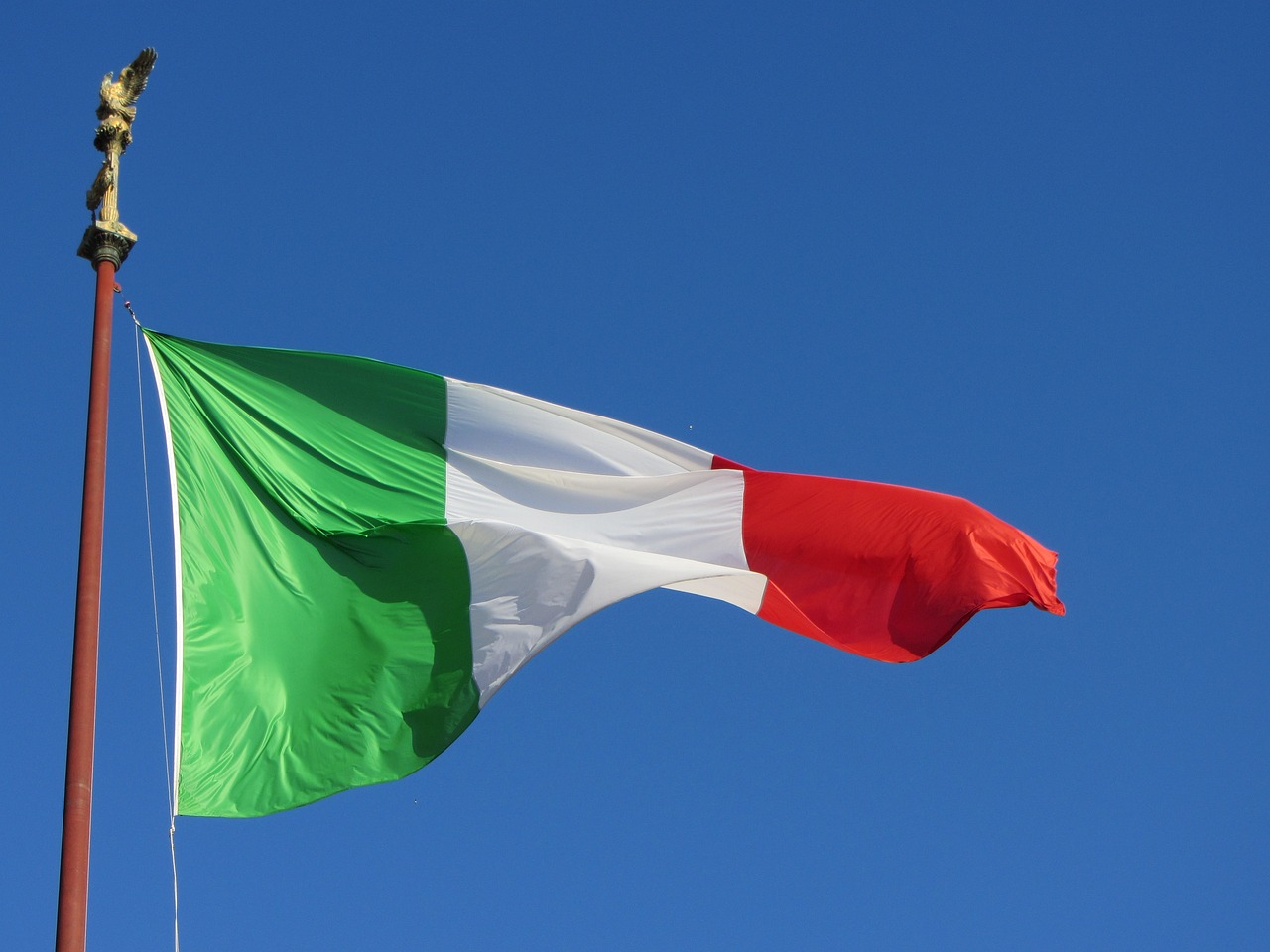The world of finance has been hit with another scandal as Qatargate Associates faces charges for alleged money laundering in Italy. This latest development has caused ripples across the banking industry, triggering a wave of scrutiny and investigation into the company’s operations. As authorities tighten their grip on financial crimes, it becomes clear that no organization is above the law. In this blog post, we take a closer look at Qatargate Associates’ situation and explore how Italy is taking decisive action to combat money laundering within its borders. Join us as we delve into this high-profile case and uncover the implications for businesses worldwide.
What is Qatargate?
In December 2010, Qatar gate was a scandal in Italy surrounding the alleged payment of bribes to officials in exchange for construction contracts related to the 2022 FIFA World Cup.
In 2011, Italian prosecutors began an investigation into Qatar’s successful bid to host the 2022 FIFA World Cup. The investigation was prompted by allegations that Qatar had bribed members of FIFA’s executive committee in exchange for their votes.
The prosecutors alleged that a number of companies and individuals, including some with ties to the Qatari government, had funneled millions of euros in bribes to FIFA officials. In 2012, three Italian businessmen were indicted on charges of money laundering and corruption in connection with the case.
In 2013, the trial against the three businessmen began in Milan. The defendants denied any wrongdoing, and the trial is ongoing as of 2014.
The Qatar gate scandal has led to calls for reform within FIFA and raised questions about the integrity of the bidding process for future World Cups.
Who are the associates under scrutiny?
Italian prosecutors have launched an investigation into money laundering allegations against a number of Qatar-based individuals and businesses.
The probe is focusing on individuals and companies associated with Qatar’s successful bid to host the 2022 FIFA World Cup. Investigators are looking into whether any of the individuals or companies involved in the bid process engaged in money laundering or other financial crimes.
So far, no charges have been filed and it is not clear if any of the individuals or companies being investigated will be facing any charges. However, the Italian prosecutors’ office has said that the investigation is ongoing and more information will be released as it becomes available.
What action is Italy taking against money laundering?
In May of this year, the Italian Parliament passed a law to combat money laundering and terrorist financing. The law requires banks and other financial institutions to take measures to prevent and detect money laundering and terrorist financing, including the establishment of customer due diligence procedures.
In addition to the new law, Italy has also taken action against several individuals and entities suspected of money laundering in connection with the “Qatargate” scandal. In March, Italian prosecutors seized assets belonging to Mohammad bin Hammam, a former member of the Qatar royal family and one of the central figures in the scandal. Bin Hammam is accused of using his position as head of the Asian Football Confederation (AFC) to solicit bribes from member countries in exchange for their votes for Qatar’s successful bid to host the 2022 FIFA World Cup.
Italian prosecutors have also launched an investigation into Tavecchio, another central figure in the Qatargate scandal. Tavecchio is suspected of involvement in a money laundering scheme involving the sale of broadcast rights for AFC matches.
These actions by Italy illustrate its commitment to combatting money laundering and its willingness to take action against those suspected of such crimes.
How will this affect Qatar’s economy?
The economic fallout from the Qatar diplomatic crisis is already being felt in the country, with businesses reporting a decline in trade and investment. The crisis has also led to a drop in the value of the Qatari riyal and stock market.
Qatar’s economy is heavily dependent on its energy exports, which account for around 70% of government revenue. The fall in oil prices since 2014 has already hit Qatar’s economy hard, and the diplomatic crisis is likely to further impact trade and investment flows into the country.
Qatar has been trying to diversify its economy away from oil and gas in recent years, but the current crisis is likely to set back these efforts. The country will also face increased pressure to comply with international anti-money laundering standards in the wake of allegations that some of its officials were involved in money laundering activities.
Conclusion
Italy is taking a strong stance against money laundering by investigating the connected parties of Qatargate associates. This decision sends a clear message that financial crimes will not be tolerated, and it could help to deter similar activities in the future. The investigation is ongoing, so it remains to be seen how this story will unfold. In any case, Italy’s actions prove that they are serious about preventing illegal financial activity and protecting the rights of citizens.










